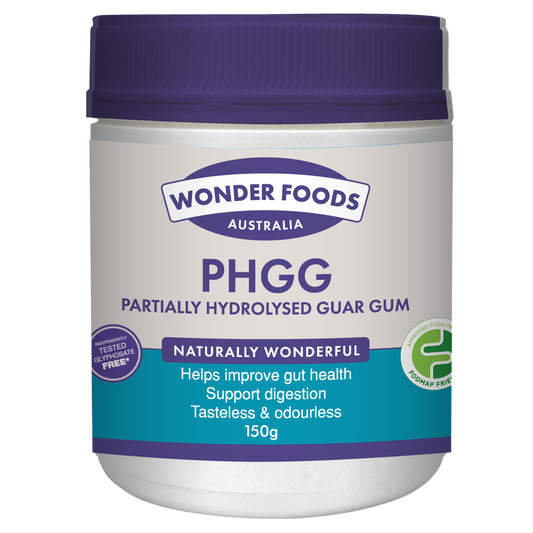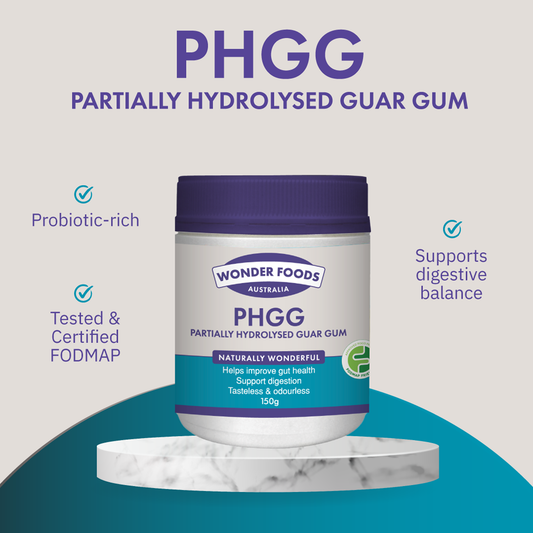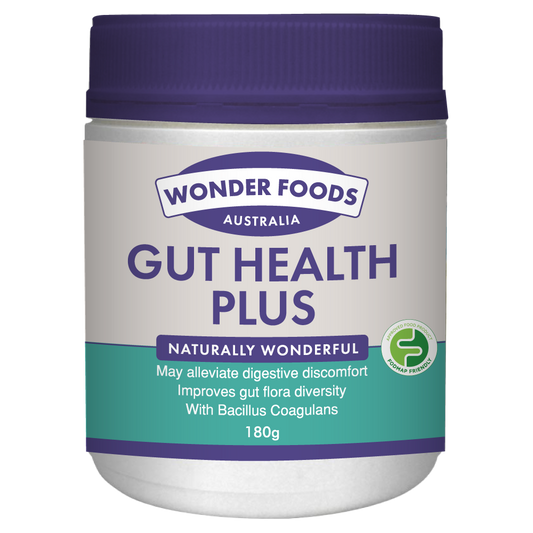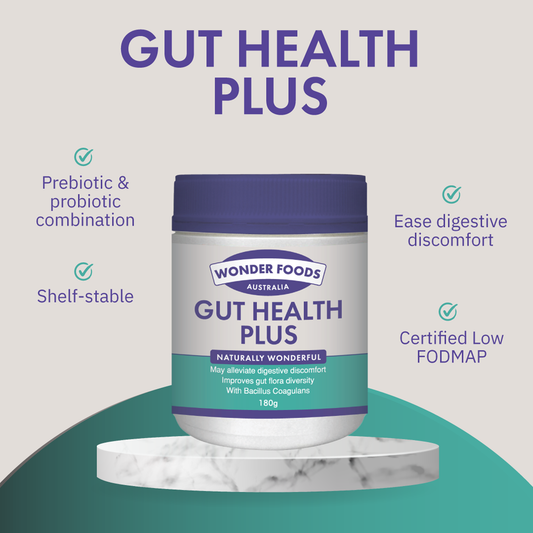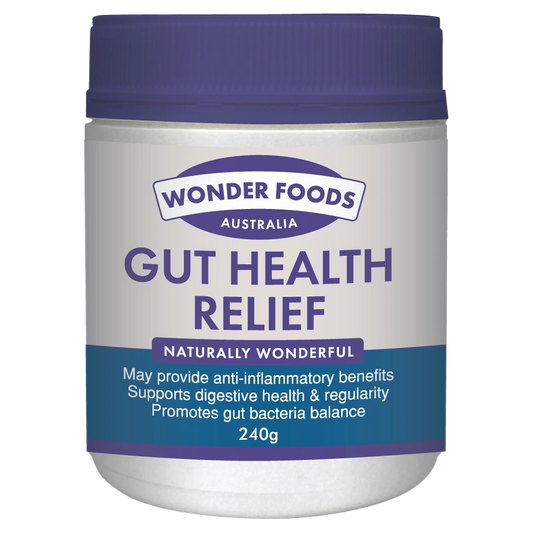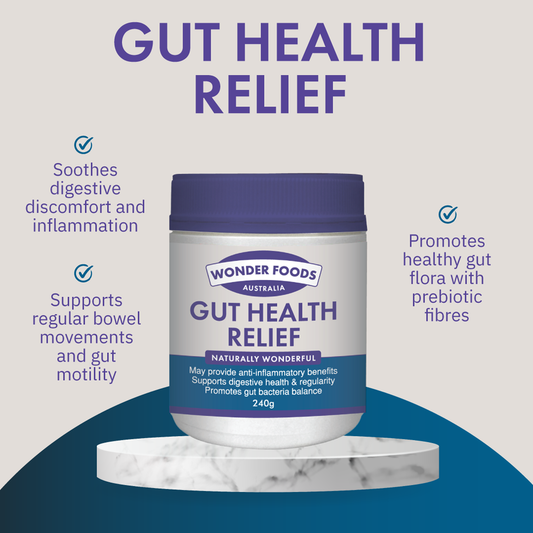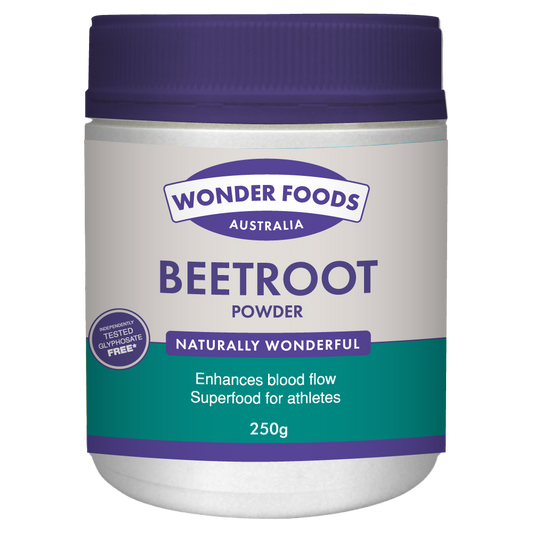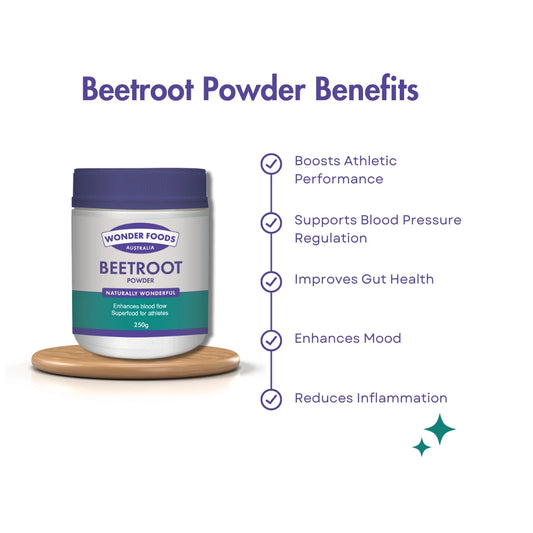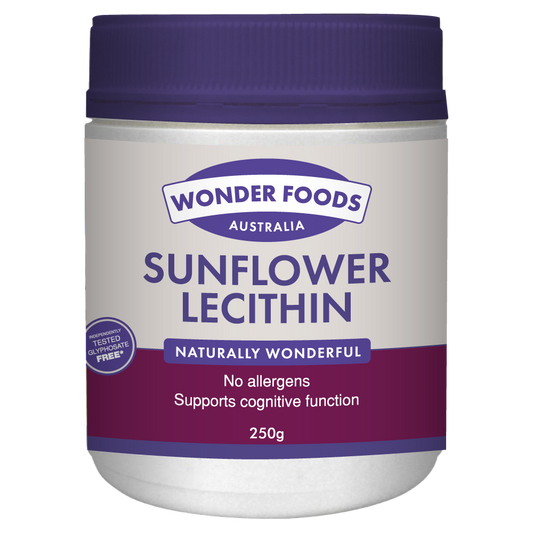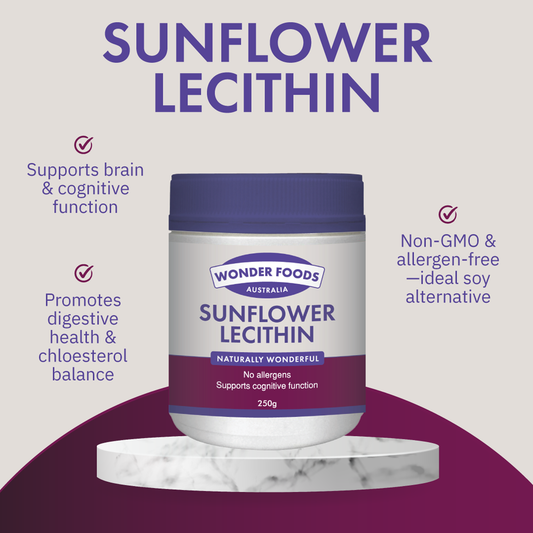
Moringa & the Female Athlete
What is the Female Athlete Triad?
The Female Athlete Triad is a serious yet often overlooked health issue that affects women who engage in high levels of physical activity, particularly in endurance and weight-sensitive sports.
The triad consists of three interrelated conditions:
1) Low Energy Availability (with or without an Eating Disorder)
This occurs when a woman is not consuming enough calories to meet the energy demands of her training and daily life.
Whether intentional (due to dieting) or unintentional, this energy deficit can lead to severe health complications.
2) Menstrual Dysfunction (Irregular or Absent Periods)
The body needs adequate energy and healthy hormone levels to maintain a regular menstrual cycle.
When calorie intake is too low, the body prioritizes vital functions, leading to disrupted hormone production and, ultimately, menstrual irregularities.
3) Low Bone Mineral Density (Increased Risk of Osteoporosis and Stress Fractures)
Estrogen plays a key role in bone health.
When menstrual cycles become irregular or stop altogether, estrogen levels drop, leading to a reduction in bone mineral density and an increased risk of fractures.
The Female Athlete Triad is most commonly seen in athletes involved in high volumes sports such as running, gymnastics, dance, figure skating, and weight-class sports like rowing or martial arts.
However, it can affect any physically active woman who does not properly fuel her body.
Iron Deficiency & the Female Athlete Triad
Iron deficiency is another critical concern for female athletes, especially those experiencing the Female Athlete Triad.
Women already have higher iron needs due to menstrual blood loss, and when combined with high-intensity exercise, these requirements increase even further.
Iron plays a vital role in:
- Oxygen Transport – Iron is a key component of hemoglobin, the protein in red blood cells that carries oxygen to muscles. Low iron levels can lead to reduced endurance and chronic fatigue.
- Energy Production – Without sufficient iron, the body struggles to produce ATP (adenosine triphosphate), the energy currency of cells, leading to sluggishness and reduced athletic performance.
- Immune Function – Iron supports the immune system, helping athletes recover faster and reducing their susceptibility to illness.
- Cognitive Function – Iron deficiency can lead to brain fog, impaired concentration, and slower reaction times, all of which are detrimental to athletic performance.
Athletes, particularly female athletes, lose iron through sweat, urine, and the breakdown of red blood cells due to the mechanical stress of exercise.
If iron stores are not replenished through diet, the risk of iron-deficiency anemia increases, leading to extreme fatigue, dizziness, and an overall decline in physical and mental well-being.
How Moringa Powder Can Help
Moringa powder, derived from the Moringa oleifera tree, is a nutritional powerhouse packed with vitamins, minerals, and antioxidants. One of its standout nutrients is iron, making it an excellent natural supplement for female athletes dealing with iron deficiency.
Iron Content in Moringa vs. Other Sources
Moringa powder contains significantly more iron per gram than many traditional iron-rich foods. Here’s a comparison:
- Moringa Powder: 28 mg of iron per 100g
- Spinach: 2.7 mg per 100g
- Red Meat (Beef): 2.6 mg per 100g
- Lentils: 3.3 mg per 100g
This means that just a small serving of Moringa powder can contribute significantly to daily iron needs, making it an excellent supplement for female athletes prone to deficiency.
Additional Nutrients in Moringa That Support Female Athletes
In addition to its impressive iron content, Moringa provides several other nutrients that are crucial for athletic performance and recovery:
- Calcium & Magnesium: Essential for bone health, reducing the risk of stress fractures common in female athletes with low bone mineral density.
- Vitamin C: Enhances iron absorption, making it easier for the body to use iron efficiently.
- Protein: Contains all nine essential amino acids, supporting muscle repair and recovery.
- Antioxidants: Help reduce inflammation and oxidative stress caused by intense training.
- B-Vitamins: Support energy production and combat fatigue.
How to Incorporate Moringa Powder into Your Diet
Moringa powder is highly versatile and can be easily added to your daily diet. Here are some simple ways to incorporate it:
Smoothies – Blend a teaspoon of Moringa powder into your post-workout smoothie for a natural iron and nutrient boost.
Oatmeal or Yogurt – Stir a small amount into your breakfast to start the day with an iron-rich meal.
Tea or Warm Water – Mix it into a cup of warm water or herbal tea for an easy and nutrient-packed drink.
Soups & Stews – Add Moringa powder to soups, stews, or sauces for an extra nutritional punch.
Energy Balls or Protein Bars – Mix it into homemade energy bites or protein bars for a convenient and healthy snack.
Who Can Benefit from Moringa Powder?
Moringa powder is beneficial for:
- Female athletes dealing with low energy levels and fatigue
- Women experiencing irregular or absent periods due to the Female Athlete Triad
- Those struggling with low bone mineral density and needing extra calcium and magnesium
- Individuals recovering from iron deficiency or anemia
- Anyone looking for a natural, plant-based way to boost overall health and performance
Final Thoughts
The Female Athlete Triad is a significant health issue that requires a proactive approach to nutrition, recovery, and supplementation.
Since iron deficiency is a common problem among female athletes, supplementing with Moringa powder can be a natural and effective way to improve energy levels, bone health, immune function, and overall well-being.
If you're a physically active woman or an athlete struggling with fatigue, poor recovery, or menstrual irregularities, incorporating Moringa powder into your daily routine may provide the nutritional support you need to optimise performance and protect long-term health.
Health Disclaimer
Always consult with a Healthcare Practitioner before making significant changes to your diet, especially if you have pre-existing health conditions or are on medication.




